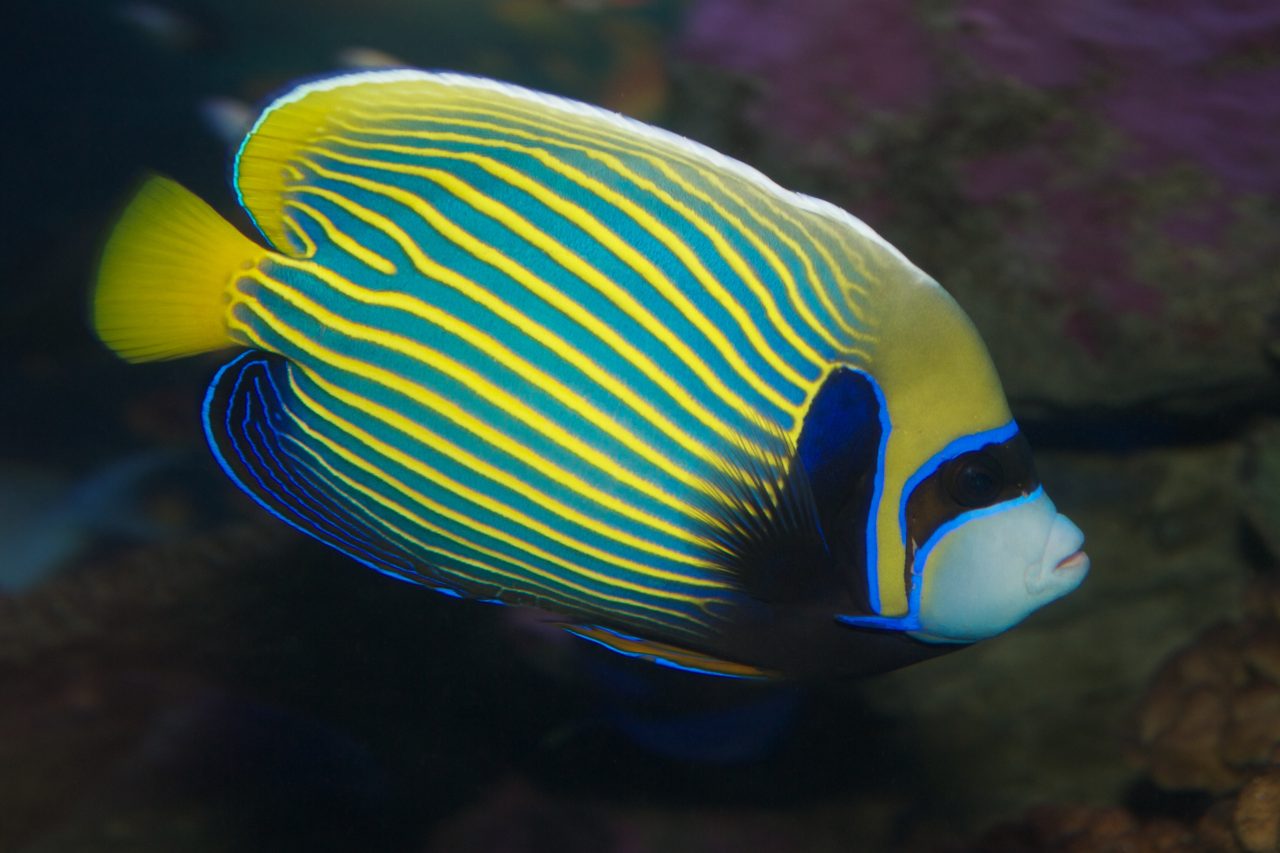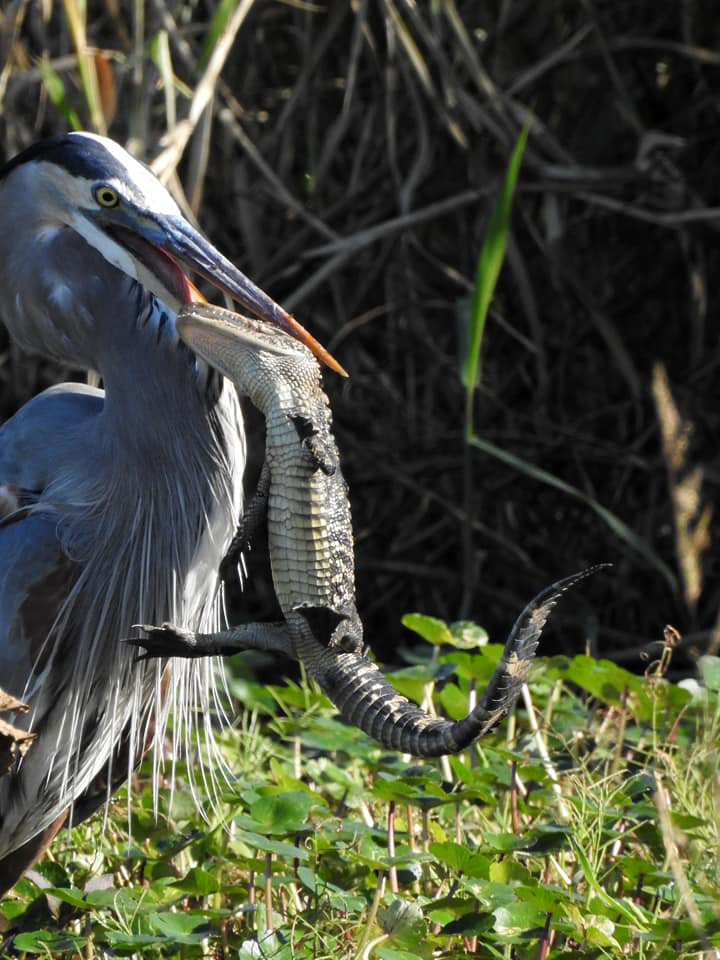Day 1: Arrive in Porto – Culinary Excursion
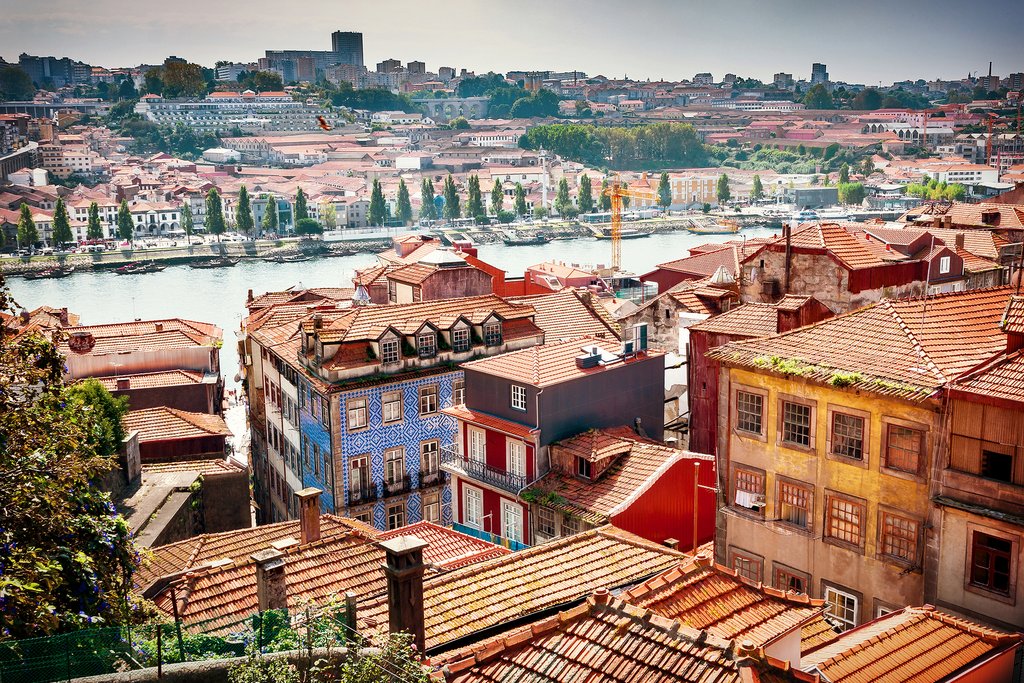
Welcome to Portugal! Upon arrival at Porto’s airport, you will be met by a driver who will transfer you to your hotel. Take some time to rest before you start exploring.
In the late afternoon, you will learn more about Porto and its cuisine with a 3.5-hour walking tour of the historic downtown. Guided by a friendly English-speaking native, this excursion offers a first-hand look at the culinary renaissance that the city is experiencing including the rebirth of specialty food shops and new restaurants that are adopting old methods.
You’ll take part in several distinct tasting locations that harken back to an era of simple, quality products and recipes created by people who love what they do. Learn about these family-owned businesses and why they are an integral part of what makes gastronomy in Porto so unique. Furthermore, you’ll witness the revival of Portuguese cuisine while you explore local restaurants, cafes, and stores offering the best of Porto.
The evening, of course, would not be complete without an introduction to the famous drink of Porto: Port wine. As you taste three different versions, including one vintage, you will learn about the history of this drink and why it is a timeless favorite.
Day 2: Get to Know Porto
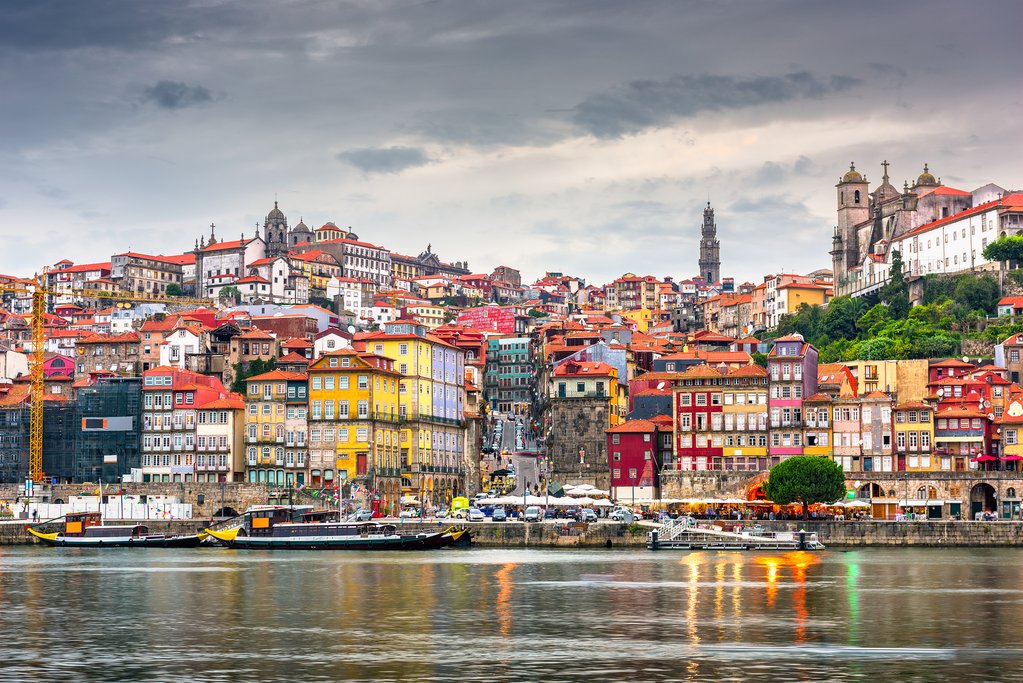
Today is a great introduction to Porto! After breakfast at the hotel, you’ll join a half-day tour of the city with a local guide. This excursion will lead you through the most important landmarks of Portugal’s second most populous city as you travel from place to place in a comfortable private vehicle.
Your guide will explain the rich history of this city, also called Invicta (the Unbeaten City), with stories of heroes and battles, as you make your way to the trendiest and most cultural area of the city. Here you’ll explore Boavista Avenue, one of the city’s most important streets, and Foz, home to some of the most important museums and modern local treasures.
Next, you’ll head to the city center—a UNESCO World Heritage Site—to admire the most renowned Romanesque, Gothic, Baroque and Neo-Classical monuments and sites, including the São Bento Railway Station, Clerigos Tower, Church of St. Francis, Lello Bookshop, Sta. Catarina Street, Majestic Café, and Bolhão Market, to name a few.
After visiting the imposing Porto Cathedral with its superb silver altarpiece, you will finish the tour along the banks of the immense Douro River with views of Ribeira Plaza and the D. Luís Bridge.
But that’s not all: In the evening (after some time to rest), it’s time for another tour—this time centered on the city’s exciting food scene. This is your chance to get off the well-worn tourist path for a side of Porto that travelers rarely see. You’ll be welcomed by local families in their small, authentic restaurants, cafés, and bars as you taste a range of traditional dishes, local pastries, and, of course, Portuguese wines.
Day 3: Transfer to Lisbon by Train
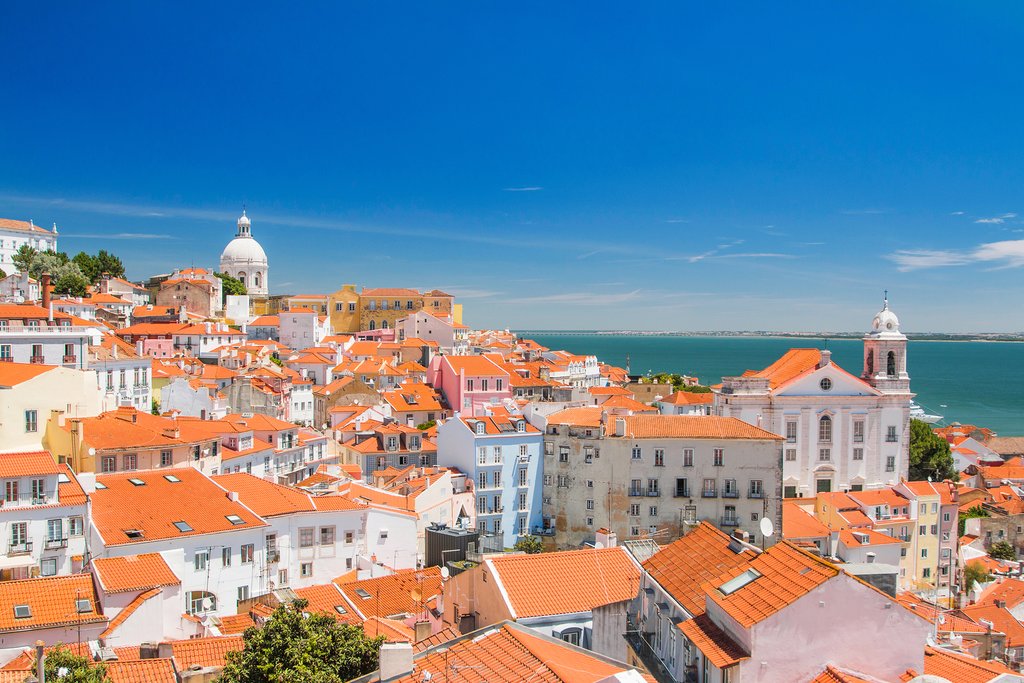
This morning, you’ll make your way to the railway station for the train to Lisbon, one of Europe’s fastest-changing and trendiest capitals. Upon arrival, check into your hotel and take the remainder of the day to either rest or explore your neighborhood surroundings.
A good place to start is the charismatic Alfama district with twisting streets that wind up to an imposing castle on one of the city’s highest hills. With whitewashed houses, flower-laden balconies, and red-tiles roofs, Alfama is a perfect mix of historical landmarks and charming residences. You will also discover one of the most important squares in the city and the famous Liberdade Avenue. Make sure to look for and taste the delicious Pastel de Belem, a traditional pastry found here.
Another great neighborhood is the bohemian style Bairro Alto where you can ride the Bica Funicular, visit the São Roque Church, and take in the views from Miradouro de São Pedro de Alcântara. Many of the neighborhood’s centuries-old houses are decorated with colorful street art.
In the evening, sample the city’s best seafood and then visit a traditional Fado house to see a unique genre of Portuguese music.
Day 4: Day-Trip to Sintra
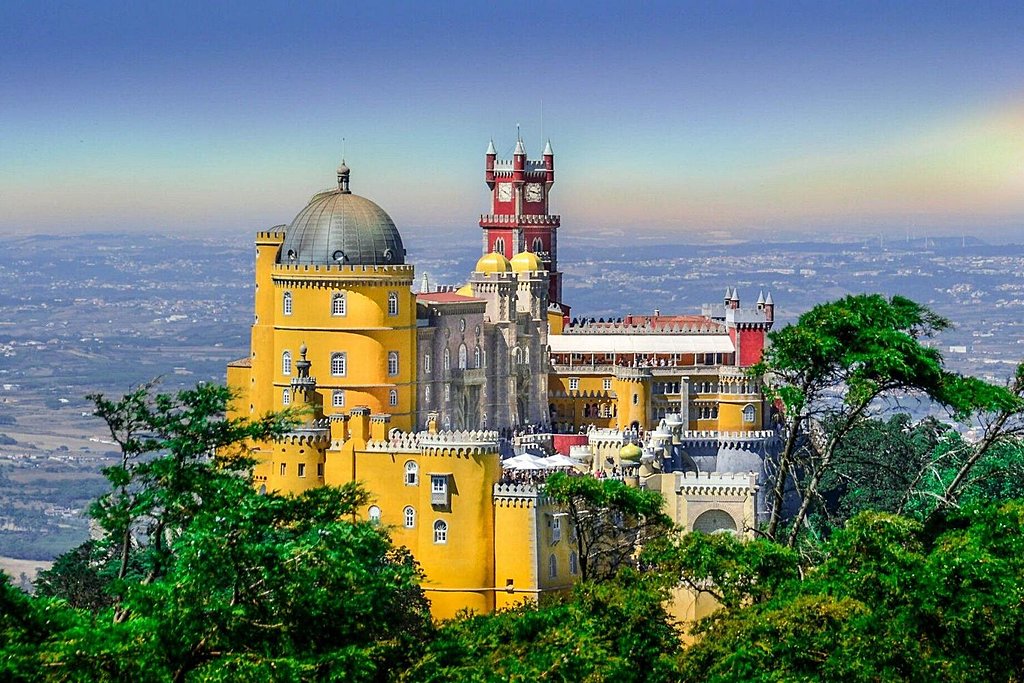
After breakfast at your hotel in Lisbon, you will take an excursion to the nearby fairytale village of Sintra situated in the forested foothills near the capital.
This is one of the best ways to explore some of Portugal’s best castles, historical mansions, and royal palaces. You’ll quickly learn why Sintra—a UNESCO World Heritage Site since 1995—is considered one of the most beautiful, magical, and romantic places in Europe.
During the tour, you will have a chance to see some of the most notable attractions, starting with a visit to the Royal Pena National Palace, built on the ruins of an old 16th-century monastery with breathtaking views. You’ll later head to the quieter, lesser-visited area of Sintra (the west part of the village) for a chance to visit The Cork Convent of Capuchos—a stunning place, surrounded by nature, built 500 years ago for the Capuchin monks/friars.
Your last stop in the afternoon will be Cabo da Roca, Europe’s official ‘westernmost point’ situated on the coastal cliffs of Sintra. En route, you’ll pass more historic mansions and palaces, so keep your camera close.
Following the tour, return to your hotel in Lisbon.
Day 5: Depart Lisbon
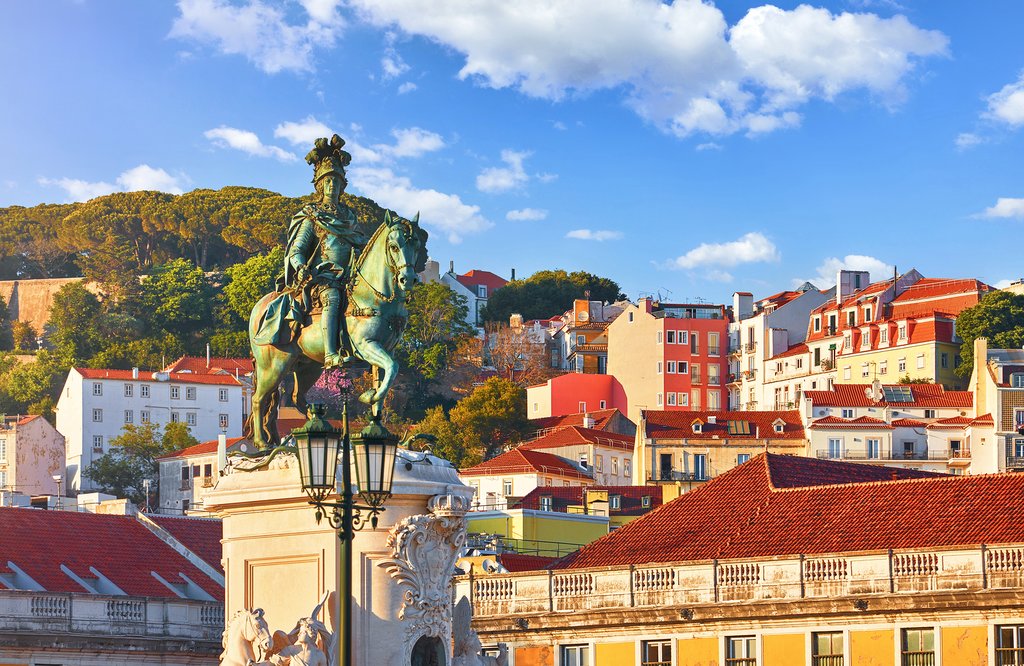
It’s time to say goodbye to Portugal! Depending on the time of your flight, squeeze in one more walk through the streets of Lisbon, perhaps picking up some last-minute souvenirs. At the designated time you will be picked up at your hotel and transferred to the airport for your departure onwards. Safe travels!
Source: https://t24hs.com




